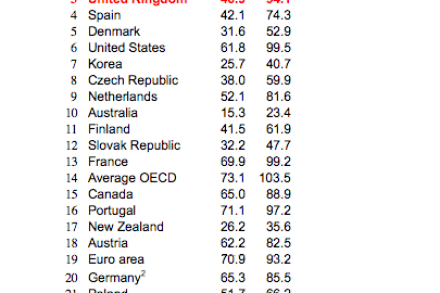The Tories need an attack dog
Iain Martin has a thought-provoking post up about how the Tories lack an attack-dog. Certainly, the Tories lack a shadow Minister for the Today Programme, someone who can be relied to go on when it is a bad morning for the party and deal robustly with a tough interview. This is a position the Tories will need to fill before the campaign gets under way. As Iain says, Chris Grayling was at one point used as the party’s attack dog. But this has come to overly define his political persona and he hasn’t really recovered from his Wire speech and a lacklustre conference, although his recent more thoughtful speeches on













